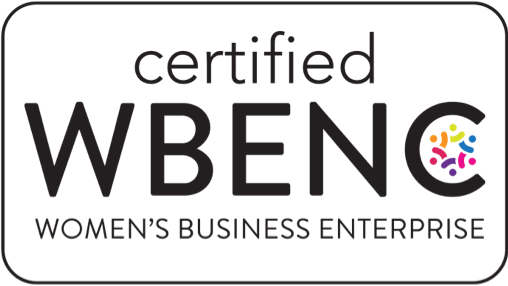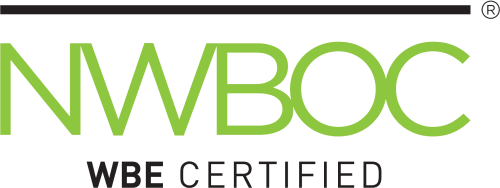Eagle Hill identifies top three trends in healthcare human capital

Arlington, Va., April 3, 2017 – Eagle Hill Consulting says companies are taking a page from the patient experience playbook and applying top practices to their human capital strategy. Healthcare leaders who deliver an innovative employee experience have a more productive workforce, better customer and patient interactions and reduced employee turnover costs.
The new research from Eagle Hill takes a deeper look at these top three trends in human capital — direct, personal and fast – and offers actionable ideas of what healthcare organizations can do to tap into these trends. It also provides insight on healthcare companies like Alivecor, Kaiser Permanente, Oscar Health and St. Jude Medical that have innovative employee experience practices in place.
“Patients now expect a direct, personalized and fast customer experience thanks to technology and smart data advancements,” says Jennifer Duff, senior director for Eagle Hill’s healthcare practice. “It’s vital that healthcare leaders think about how to provide a similar experience for their workforce as the industry faces a sharp rise in the demand for skilled talent.”
Healthcare jobs are projected to grow by 30 percent, more than twice as fast as the general economy according to the U.S. Bureau of Labor Statistics. While total U.S. employment dropped by more than two percent between 2000 and 2010, healthcare employment grew by more than 25 percent.
“This week marks National Public Health Week, and it can serve as an opportunity for healthcare companies to really think beyond gestures and tactics. Instead, leaders can step back and re-evaluate the total experience they want to provide to employees so they are productive, engaged and loyal,” Duff says.
Just as healthcare companies are building deeper patient experiences, they must simultaneously create meaningful, genuine and innovative connections with their employees. Healthcare companies that are tapping into these three human capital trends are poised to emerge as winners in the ongoing war for healthcare talent, while also lowering turnover costs.
Turnover costs vary by wage and role of an employee, but are significant. For example, one study indicates that each time a business replaces a salaried employee, it costs six to nine months’ salary.
“For example, employees expect information directly and frequently. Employees also want a workplace that is ‘their way’ – tailored to personal preferences that fit their workstyle, schedule and passions. And finally, the workforce is impatient and demands real-time responsiveness. Against this backdrop, the new challenge for healthcare employers is to deliver a culture and employee experience that appeals to the best and brightest while building loyalty so they want to stick around,” Duff says.
Download the research here.
Eagle Hill Consulting LLC is a woman-owned business that provides management consulting services in the areas of business strategy, organizational transformation, human capital transformation, process improvement, program management and change management. Eagle Hill works with a range of public, private, and non-profit organizations in the Washington, D.C. metropolitan area and across the nation. Forbes named the company one of America’s Best Management Consulting Firms of 2016. And, the company was named a 2016 Best Place to Work in Greater Washington by The Washington Business Journal, and earned top workplace awards from The Washington Post and Washingtonian along with multiple top rankings in the Vault 50 Consulting Ranking. More information is available at www.eaglehillconsulting.com.

